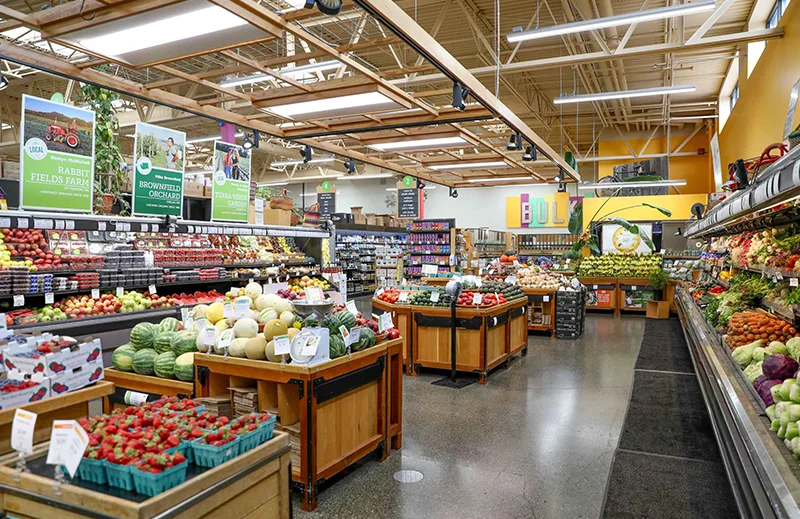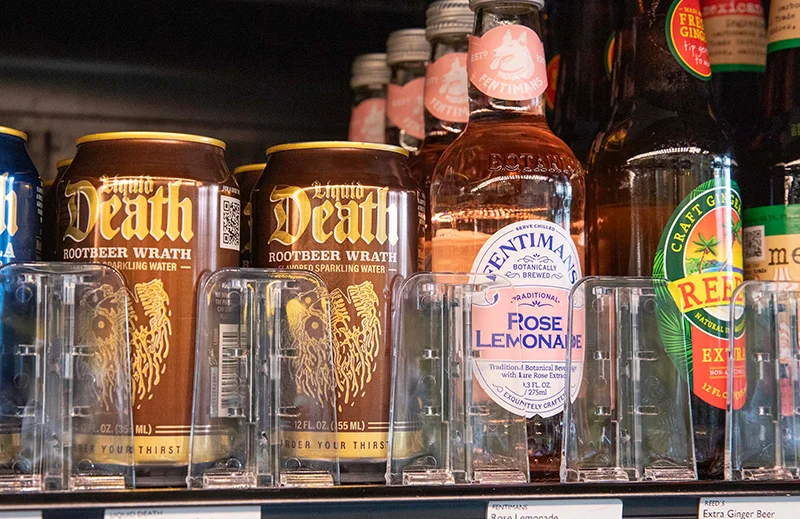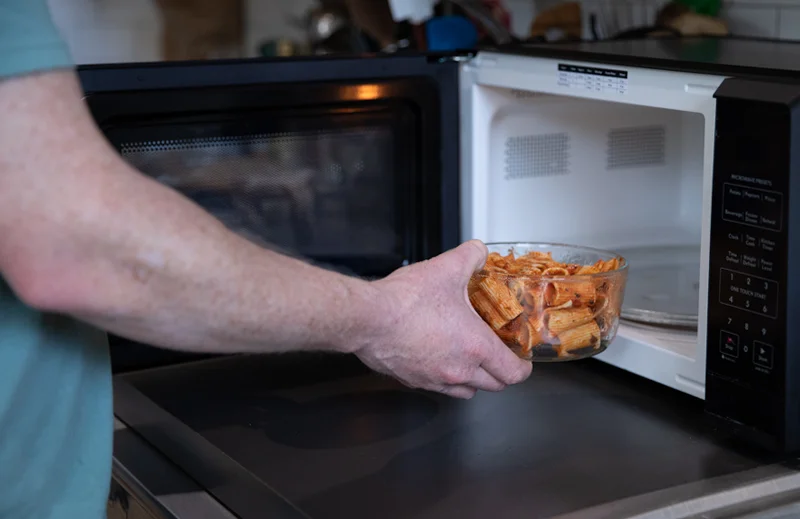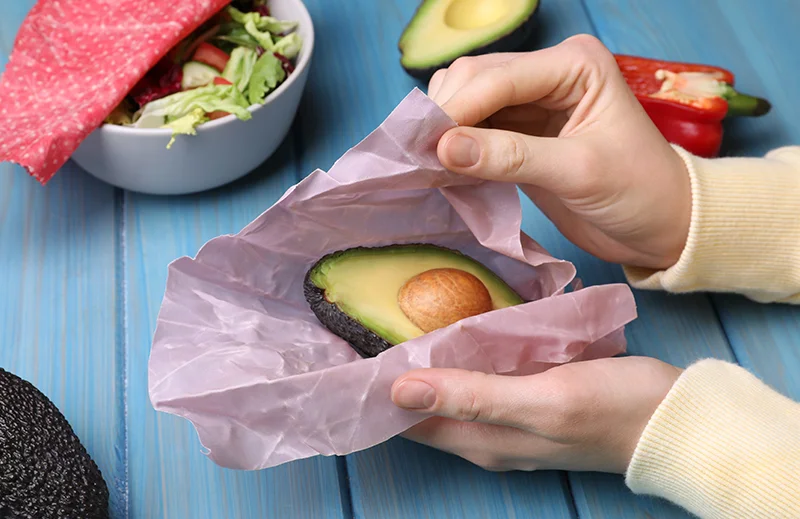Take a look around and you’ll probably see something plastic in your field of vision. Plastic has become an everyday part of our lives, but the more research that is done, the more it seems to be detrimental to our health.
It may seem impossible to get away from plastic, but solutions are out there! With a few changes to your daily habits, you can reduce your exposure to plastic with very little effort, while cutting down on waste. Let’s explore different ways to go about it.
Purchase food from the “perimeter.”
Here’s an industry secret: Many of the items found in the perimeter of grocery stores are nonpackaged goods. This is typically where you’ll find the most “whole” foods. Think produce departments, bulk departments, and deli and meat counters — stick to these areas in any store to avoid plastic.

At the Co-op, you can use your own clean, reusable containers for just about everything in these departments. Not only will you avoid plastic, but you’ll also avoid single-use packaging.
Avoid water and other beverages packaged in plastic.
One meta-analysis estimates that Americans ingest or inhale up to 121,000 microplastics a year — plastic particles measuring up to five millimeters long. That’s an astonishing number, but the study also found that drinking water exclusively out of plastic water bottles can increase that number by 90,000 particles. That makes it worth the while to cut back, where possible.

- Look for brands that use glass or aluminum bottles. Some options that we carry are Santa Cruz Organic, Field Day, Just Ice Tea, Mela, Liquid Death, and Fentimans.
- Make your beverage at home and use a metal or glass reusable beverage container to keep plastic out of your drinks.
- Even compostable paper cups have a (compostable) plastic lining that can add microplastics to your body; avoid this exposure by bringing your own reusable beverage container when ordering smoothies and espresso drinks from our deli.
Don’t store food in plastic and never use plastic containers in the microwave.
The longer food items are kept in plastic, the more exposure you’ll have to microplastics. If you need to use plastic at the grocery store to get your items home, remove them from plastic once home and store them in cloth, glass, or metal containers until you consume them. While there are many “microwave-safe” plastics on the market, research shows that when plastic is heated, it leaches chemicals into the food item. Glass and microwave-safe ceramics are always a better option!

- Find reusable glass and metal dishes for sale at the Co-op.
- Instead of plastic wrap and bags, check out Stasher brand silicone bags and plate covers.
- Substitute plastic wrap for a traditional wax wrap, which you can make yourself! Pick up beeswax and cotton fabric, and check out this post on how to make your own.
- Enter our Facebook and Instagram giveaways later this month to win reusable containers from Stasher and Kleen Kanteen!
Consider switching to reusable sanitary items.
The average menstruating person uses 11,000 to 16,000 tampons or pads during their reproductive years. There are a range of reusable options, and these days it’s much easier to find one that will suit your needs. Tampon applicators are made from plastic, and pads often contain a plastic film to block moisture.
- Washable pads and liners are a great choice if you have a clothes washer or hot running water available. They seem costly at first, but you’ll see long-term savings as you will no longer be purchasing disposable pads and liners. Just avoid microfiber pads, which are plastic-based products. The Co-op carries organic cotton pads and liners in our Wellness Department.
- Menstrual cups are also popular, and you don’t need a washer or dryer to use them, only access to clean water and soap. Use these like a tampon — it may require a little practice, but can be a convenient option for many people. You’ll find these on Co-op shelves.
- Another more recent option is period undies (not available at the Co-op, but widely available online). You need access to a clothes washer or hot running water, but many people find they are a stress-free alternative to pads and tampons — they feel like normal underwear.
- Community Food Co-op also carries tampons without a plastic applicator.
